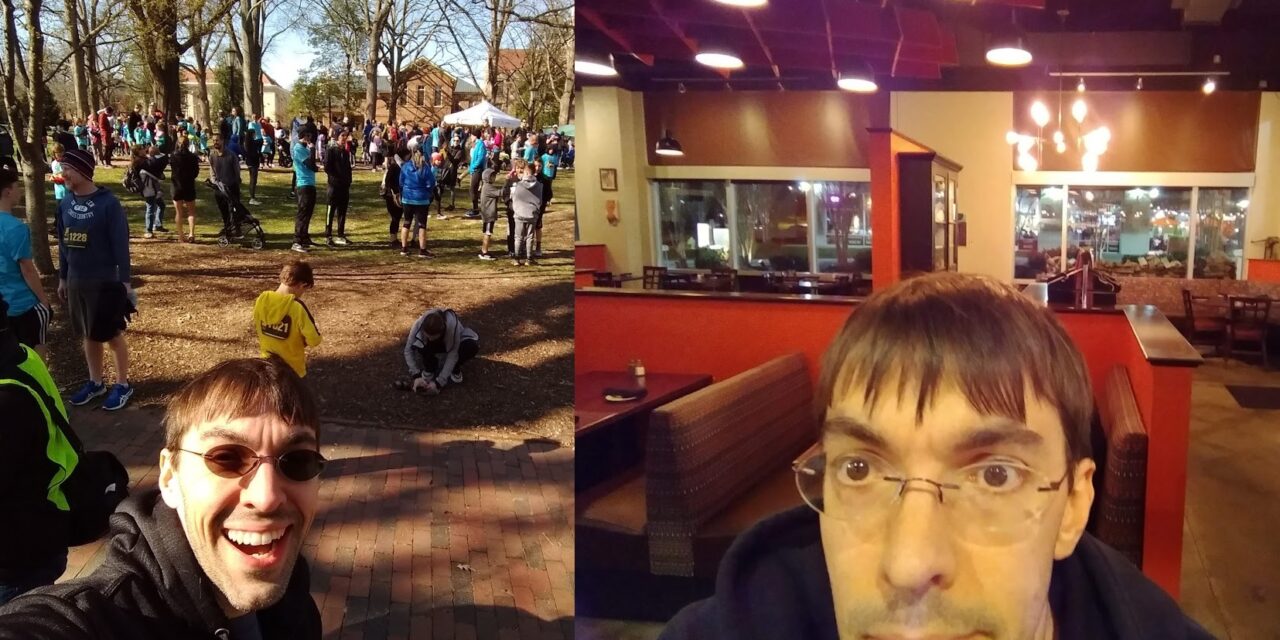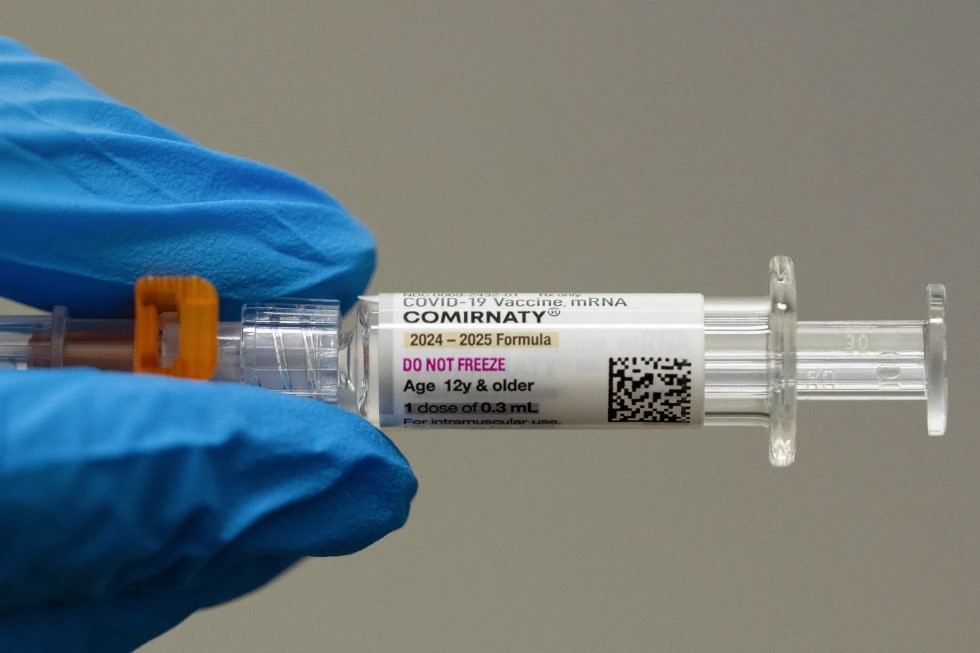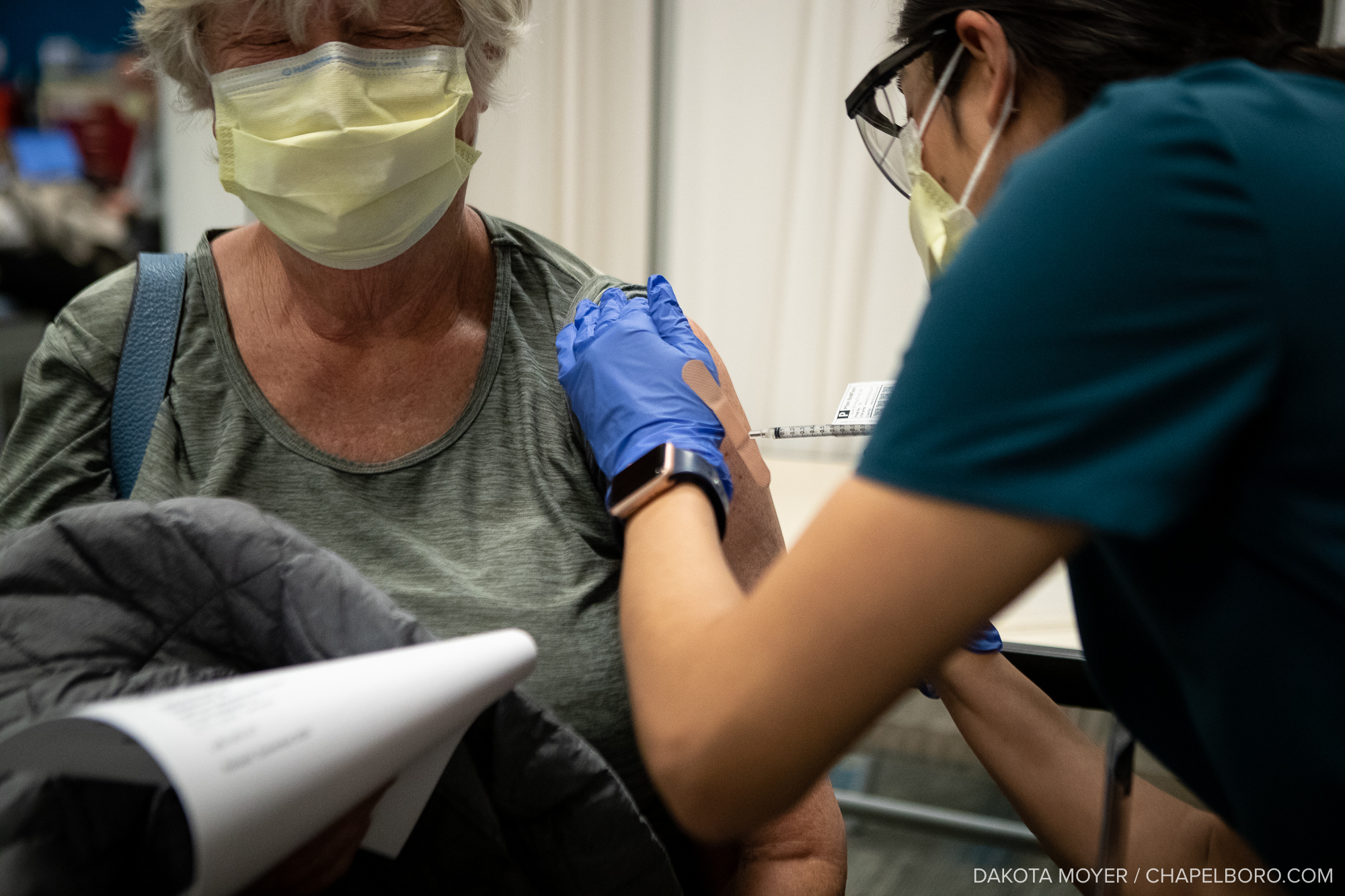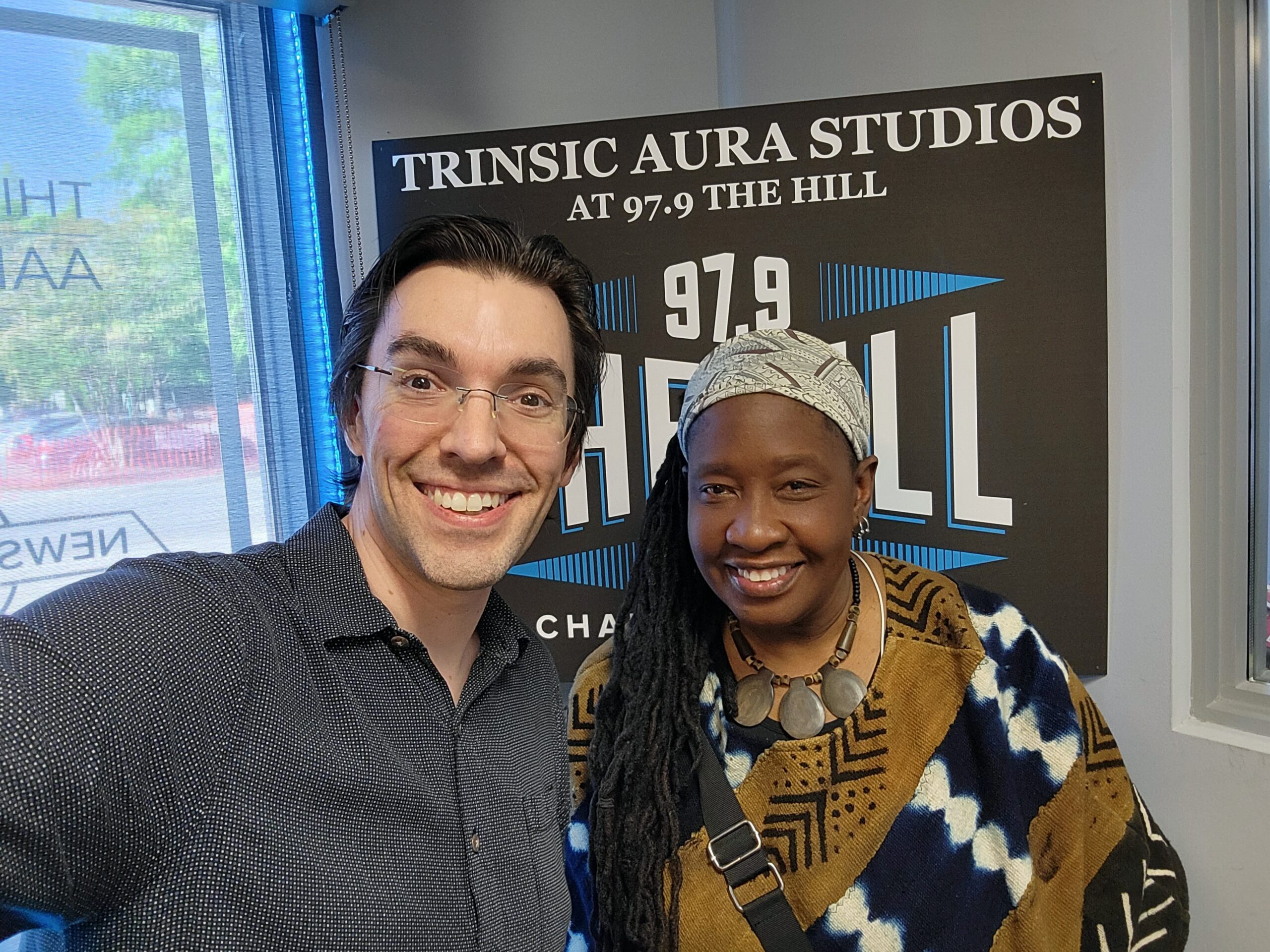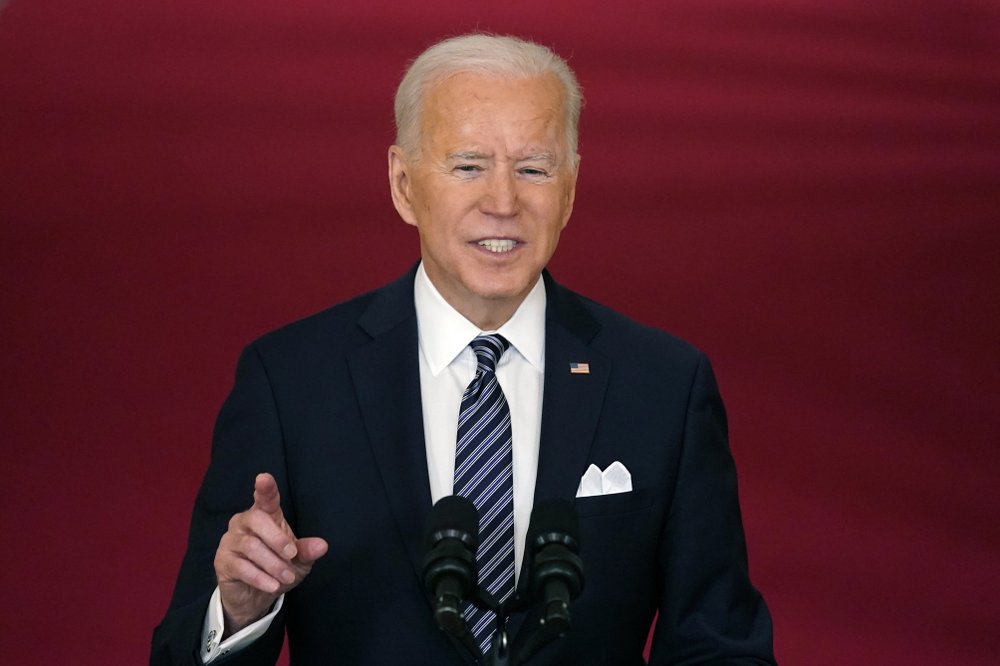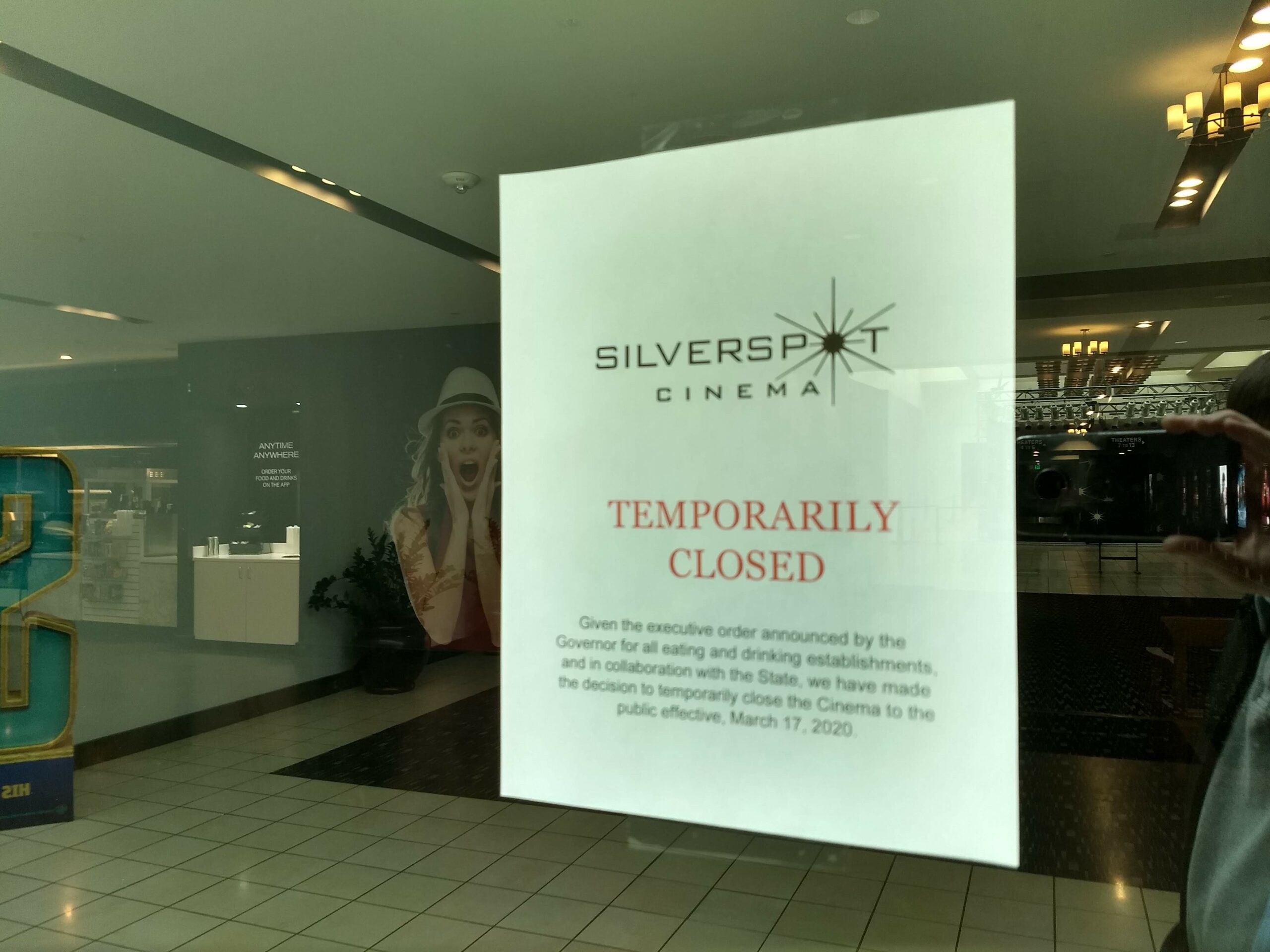In the spring of 2020, everything changed.
Everything changed first over COVID-19. People worked from home, others lost their jobs. Overnight, our plans changed. Our needs changed. And the organizations we counted on to meet those needs – they had to change as well.
And something else was happening too. The same week North Carolina closed its schools, a woman named Breonna Taylor was shot and killed by police in Louisville. Two months later, George Floyd was killed in Minneapolis. And as people flooded the streets in protest, once again, we realized things had to change.
It’s now been three years since that spring. What have we learned from our experience? What lessons have we taken away? What changes have we made? And which of those changes will last?
“Three Years” is a series by 97.9 The Hill’s Aaron Keck – looking back on our memories and lessons learned from our collective experience, drawn from conversations with numerous government officials, nonprofit heads, scholars and thought leaders in the Chapel Hill-Carrboro community.
Click here for the entire 15-part series.

Listen to Chapter 3:
Chapter 3: The Uncertainty
Maybe the worst thing about the Covid 19 pandemic in those early weeks was the uncertainty of it all. What is this new virus? What do we even call it? How bad is it? How can we stop it? And when is this all going to end?
When I speak with people about their memories, the same phrases keep coming back and back: “It was scary.” “It was a scary period.” “It was a frightening time.”
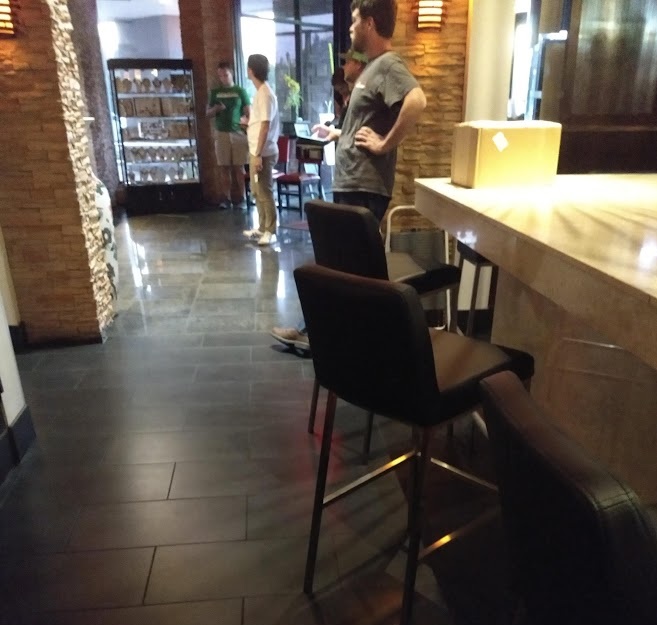
April 17, 2020: I texted this picture to Brad while waiting to pick up takeout food from a restaurant. The reason? “Look how many people are all crowded together! This is ridiculous!”
“It’s strange to think now about how quickly everyone’s lives turned upside down,” says Chapel Hill Mayor Pam Hemminger. “It was stressful – and people were freaking out both ways. You know, ‘it’s fine, it’s not gonna hurt folks,’ or ‘we’re all gonna die.’ People were really stressed, and this was new. No one had been around a pandemic like this for a hundred years.”
Elected officials occasionally had access to some more information, but for the most part, they had all the same questions and felt the same uncertainty as everyone else.
“It really was a scary period of time, because things were closing,” says Renee Price, who was an Orange County Commissioner at the time. “We didn’t know – personally, I was thinking, ‘if they decide to close down everything, can we get food?’ Then there were other concerns. Schools. People who couldn’t go to work. ‘Where do people get an income? How do they survive?’”
The situation was especially straining for Price, who lost both her parents during the period.
“They didn’t get (COVID), but we’d had to place (my mother) in a nursing home…and the quarantine in New York happened the day before we moved her,” she says. “So for several months, she couldn’t see anyone. None of us could visit her.”
Price was far from alone. North Carolina poet laureate Jaki Shelton Green also had her mother in the front of her mind.
“You know, we had a 105-year-old mom who lived with us, and our major concern was her,” she says. “I mean, we were wiping down all the surfaces, and only my husband was going to the grocery store – and then I was afraid, because what if he got sick?”
Across the area, local nonprofits were trying to manage the sudden loss of their volunteers while facing a huge spike in need – and a whole new world when it came to getting supplies.
“It was probably one of the first couple weeks of March,” remembers Melissa Driver Beard of Pittsboro’s CORA Food Pantry. “I was leaving the office around 10:30 one night, and an elderly woman was outside by herself, going through our trash to get whatever she could eat. And that was heartbreaking…
“I remember we didn’t do our mobile market in March, but we started it up again in April. And I mean, none of us could believe the line that formed. We were like, ‘wow, okay. We were missed. We were needed. We should have kept doing this.’”
“Do you have a really strong memory?” I ask her.
“The Tuna Story,” she says.
“Okay, I’m already intrigued.”
“It was next to impossible to get any kind of protein,” she says. “So this email hits my computer – and basically a company that we work with had tuna, canned tuna, but you had to buy it by the tractor-trailer load. And at that point, it seemed perfectly logical that we would go through a tractor-trailer load pretty quickly, because we were serving so many people and we had absolutely no protein…
“So, 806,000 cans of tuna later – that’s how many are in a tractor-trailer load, in case you were ever wondering – we still have tuna! We’ll probably have tuna until the zombie apocalypse.”
Meanwhile in Orange County, Richard Turlington of Habitat for Humanity saw an urgent need to get people into homes – and a much greater difficulty in finishing them.
“The thing was, you never knew how long (the pandemic) was going to last, right at the beginning,” he says. “So at first we were like, ‘well, this is a couple of months. We’ll try to get these units ready, and then when everything subsides, we’ll move people in.’ And then after a while, it became clear that we (couldn’t) wait to move people in. Some people were living in situations that were less healthy for them than if they moved into our places. So then it became kind of an urgency to get people into the units…
“And I remember talking to the first people about – like, who do you even call for a moving company at this point? How do you deal with them in a safe way?”
But even as all of us were facing the same uncertainty, the same questions, and the same scary time, there were many of us who stepped up. And when people asked for help, help came.
“It’s 9:30 one night,” Melissa Driver Beard remembers. “I’m at the office by myself. Two of our staff, Reggie and Travis, come back in. They’d been out all day looking for food. It was like a wild goose chase. We didn’t know what we were going to do. They said they were going to call it a day. I packed up and left after them, and I – I went home that night in tears. ‘Should I close down the next day? Are we going to have anything?’
“Then we walked in the next morning and there was food! We have no earthly idea where it came from. But there was food. We don’t know if a volunteer brought it. We don’t know if Reggie and Travis mysteriously found it in the middle of the night.
“We have no idea.”
Click here for the entire 15-part series.
Featured photo: the difference of four days – a crowded McCorkle Place for the annual 5K For Education on March 7, 2020, and a completely empty restaurant on March 11. (This was before the order closing restaurants for in-person dining: people had already made that decision for themselves, well before any official shutdown orders.)
Chapelboro.com does not charge subscription fees, and you can directly support our efforts in local journalism here. Want more of what you see on Chapelboro? Let us bring free local news and community information to you by signing up for our biweekly newsletter.

